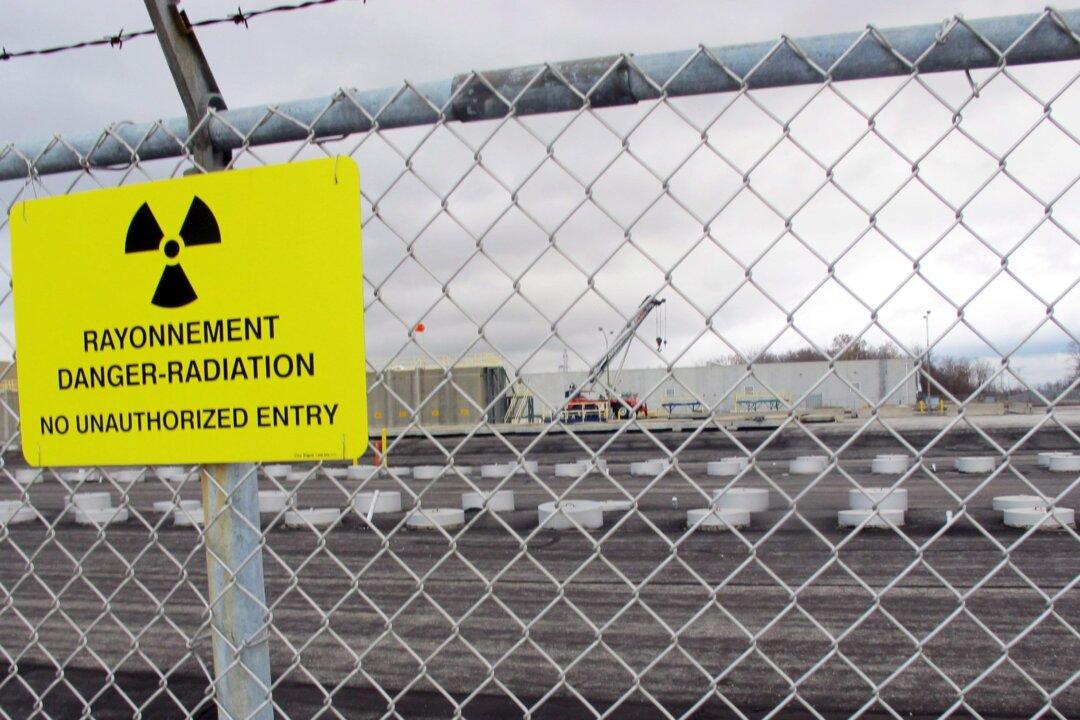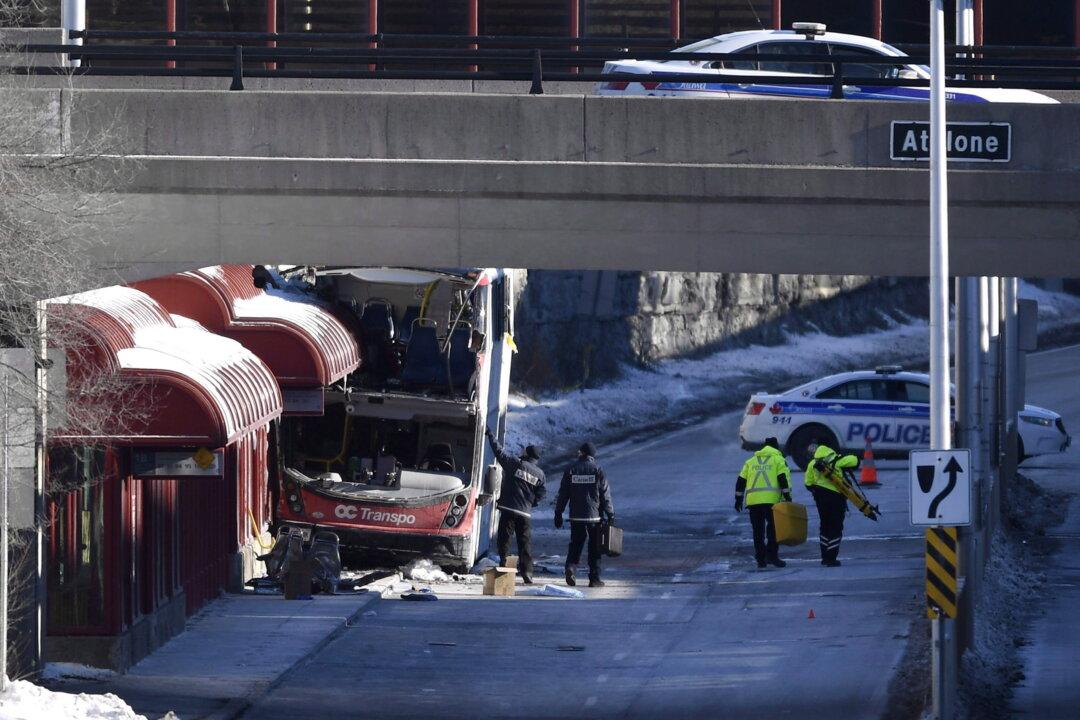TORONTO—A public opinion survey used to bolster claims of widespread support for a proposed nuclear waste bunker near Lake Huron was misleading and actually found little backing for the project, critics say.
While Ontario Power Generation stands by the poll of 805 people, critics insist an analysis shows the utility distorted its findings in submissions to the federal government.
Among other things, poll questions provided false or misleading assumptions designed to skew the response in favour of the deep geologic repository, they said.
Far from showing that a majority of people in Ontario support the repository, the poll actually shows most people oppose it, said Rod McLeod, with the group SOS Great Lakes.
“It is clear that OPG misrepresented the findings to the government, to the media, and the public,” said McLeod, a retired lawyer and former deputy minister of the environment. “They excel at alternative facts.”
McLeod called it astounding how far OPG appeared willing to go to misrepresent data to the federal government, which has yet to decide if the project should proceed over the objections of hundreds of communities on both sides of the Canada-U.S. border.





